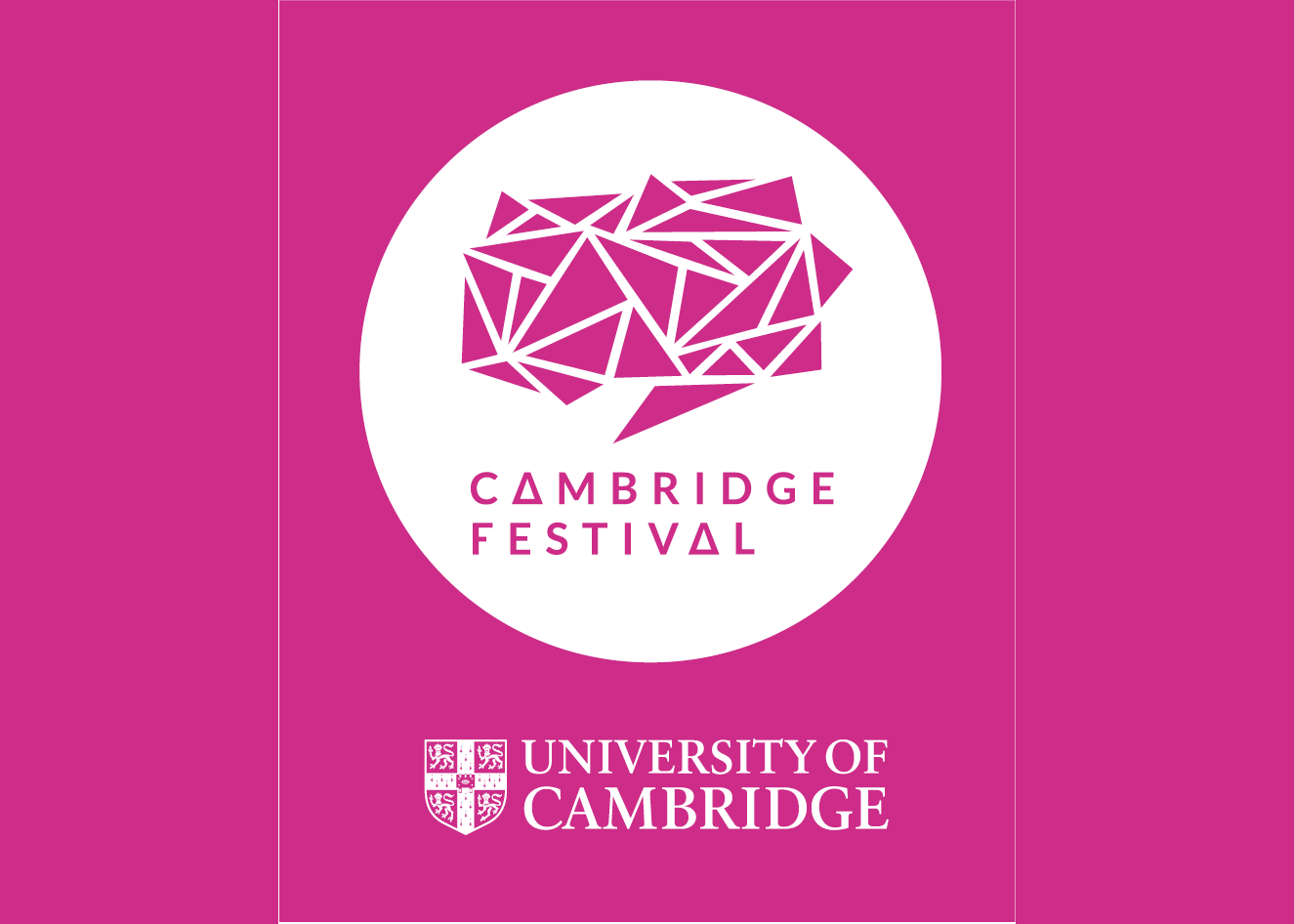
Below is a selection of events from our Centre members - click on the title to find out more or visit the Cambridge Festival website for details of all the online events on offer.
How our bodily fluids help diagnose cancer earlier
When: Sunday 28 March, 15:00–16:00
Cancer that is diagnosed at an early stage (stage 1 or 2), before it has had the chance to get too big or has spread to other areas of the body is more likely to be treated successfully. If the cancer is late stage (stage 3 or 4) and has spread into surrounding tissue or to other organs then it is more difficult to treat and the chances of survival are much lower. Significant progress during the past 40 years has transformed the prospects of people diagnosed with cancer in the UK, with survival doubling since the 1970s.
However, further improvements are still greatly needed, and teams of researchers in Cambridge are looking into numerous ways of finding, and successfully treating, cancer earlier.
At this talk we welcome four group leaders from the Cancer Research UK Cambridge Centre Early Detection Programme whose research groups are all focused on the challenges of earlier cancer detection and diagnosis. Dr Charlie Massie will start the talk by explaining how cancer might be detected with a simple test that analyses the DNA fragments circulating in our blood, following this Dr Jamie Blundell will focus on using blood samples taken over a long period of time to try to predict what lesions might progress to cancer. Dr Daniel Muñoz Espín will then discuss how early lesions detected may be successfully treated, and Dr Harveer Dev will talk about treatment stratification - how different treatments are used for different patients.
How atomic-level understanding of biology helps us to design more effective drugs
When: Friday 26 March, 15:30–16:15
Dr Marko Hyvönen from the Department of Biochemistry and CRUK Cambridge Centre Cell and Molecular Biology Programme will describe the process of determining crystal structures of proteins, and will demonstrate how this information can be used in drug discovery to generate novel treatments for human diseases.
Cancer immunotherapy: Innovation from laboratory bench to bedside
When: Monday 29 March, 18:30–19:30
Cancer immunotherapy harnesses the power of our immune system in the fight against cancer. Join Professor Klaus Okkenhaug, Department of Pathology and CRUK Cambridge Centre Haematological Malignancies Programme together with clinicians, to find out how it works and how it can be improved.
Pores for thoughts: how do our nerve and muscle cells talk to each other?
When: Tuesday 30 March, 13:00–13:45
Dr Tony Jackson, Dept of Biochemistry and CRUK Cambridge Centre Cell and Molecular Biology Programme, will explain how the ‘voltage-gated sodium channel’, the ‘voltage-gated potassium channel’ and the ‘voltage-gated calcium channel’ act together to drive the action potential. Tony will also explain how the failure of these ion channels to function correctly may underlie a variety of different disease states, including chronic pain, heart disease and cancer.
Why weigh proteins? From tackling disease to improving crops to learning about ancient civilizations
Tuesday 30 March, 15:30–16:15
Prof Kathryn Lilley, Dept of Biochemistry, Milner Therapeutics Institute, and CRUK Cambridge Centre Cell and Molecular Biology Programme, will discuss how mass spectrometers (MS), sophisticated sets of ‘weighing scales’, are used to identify and quantify proteins in biological samples using a method known as proteomics - the identification and quantification of proteins.
Lights, Camera, Actin! Exploring the dynamic driver of cell shape and movement in health and disease
When: Wednesday 31 March, 13:00–13:45
Dr Jonathan Gadsby, Dept of Biochemistry and CRUK Cambridge Centre Cell and Molecular Biology, will use exciting biological imaging examples to highlight the diversity of structures that the actin cytoskeleton can assemble into. Jonathan will discuss how defects in the process can contribute to common and rare diseases, and how increasing our understanding of how actin works now allows us to more effectively treat and relieve disease symptoms for patients.
Humans who search
Humans who search is a photography project created by Dr Stefanie Reichelt highlighting the people making scientific discoveries at the Cancer Research UK Cambridge Institute.
CRUK Cambridge Institute Virtual Lab Tour: From patient samples to world-leading cancer research















